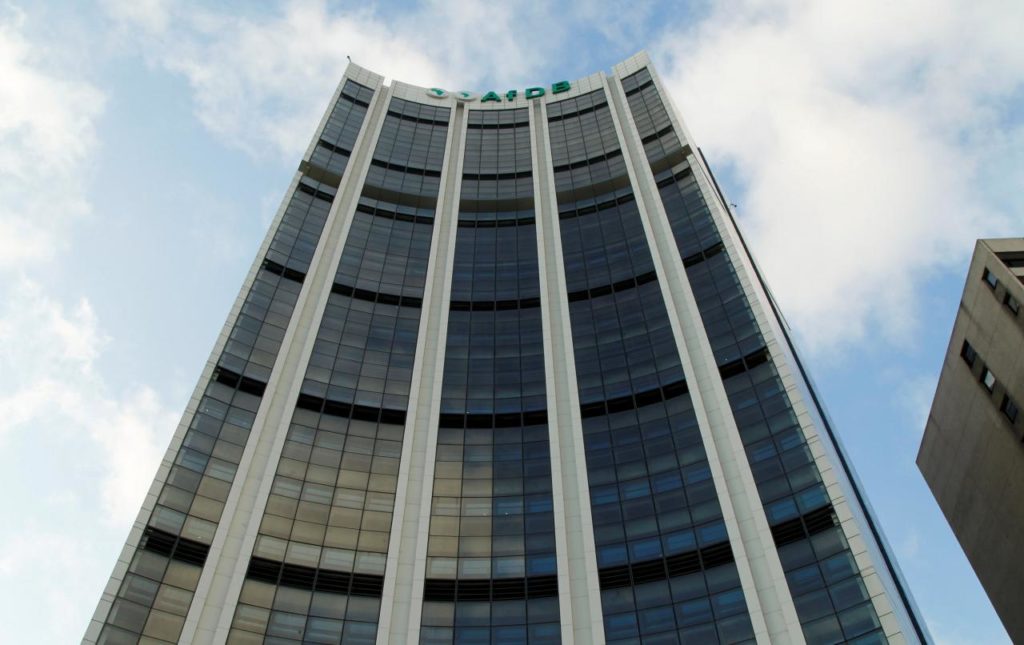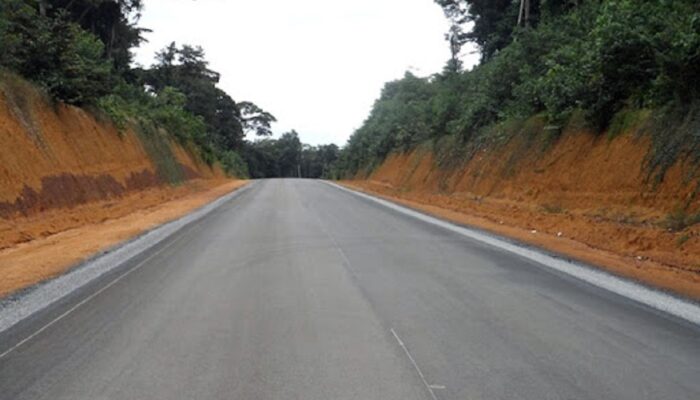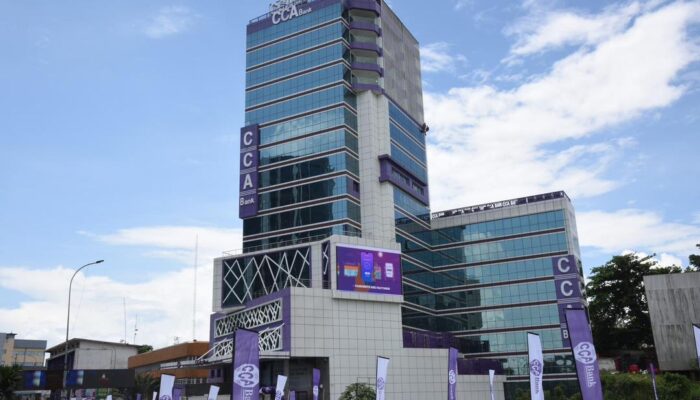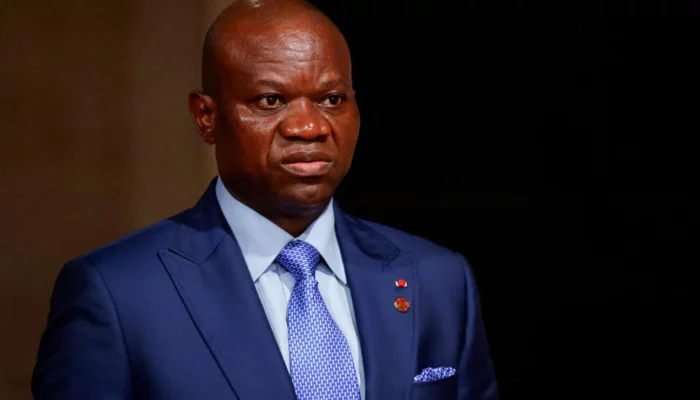After two consecutive terms at the head of the African Development Bank (AfDB), Akinwumi Adesina is preparing to hand over the reins in May 2025. Five personalities with solid profiles and strategic support are vying for the presidency of this key pan-African institution. Between financial expertise, networks of influence and geopolitical balances, the battle for the leadership of the AfDB promises to be intense.

The presidency of the African Development Bank (AfDB) is a highly strategic position. As the continent’s leading development finance institution, the AfDB plays a central role in financing infrastructure, energy, agriculture and economic growth in Africa. Its president must not only have solid financial expertise, but also a strong ability to mobilize funds and negotiate with shareholder states. Akinwumi Adesina’s successor will be elected in May 2025, following a vote in which the 54 African countries and the 27 non-African members of the AfDB will have a say. But beyond the votes, it is above all the 11 main shareholders – including Nigeria, the United States, Egypt, Japan and France – who will have a decisive weight in the election.
Swazi Tshabalala, the only woman in the race
The only woman among the candidates, South African Swazi Tshabalala is a well-known figure at the AfDB, having joined in 2018 as Vice President for Finance. In 2021, she became Senior Vice President and Chief Financial Officer, becoming the first woman to hold this key position. Aged 58, she holds a degree in economics from Lawrence University and an MBA from Wake Forest University in the United States. With 30 years of experience in finance, treasury management and capital markets, she has an in-depth knowledge of the workings of the AfDB.
Her main asset? Her expertise and experience within the institution. However, faced with the games of alliances and international support of her competitors, she will have to convince beyond the bank’s financial circle.
Amadou Hott, the outgoing president’s favorite
Former AfDB Vice President for Energy and Green Growth, Senegalese Amadou Hott is a serious candidate. He has the support of the outgoing President, Akinwumi Adesina, as well as influential figures such as Aliko Dangote and Tony Elumelu. Holder of a DEA in market finance from the University of Paris I Panthéon-Sorbonne and a master’s degree in financial mathematics from New York University, he has solid experience in investment banking and structured finance.
His career has taken him from New York to Dubai, via London and Lagos, where he worked on infrastructure and energy projects. He also served as Minister of Economy and Planning in Senegal. With such a background, he positions himself as a strong candidate, capable of attracting both African and non-African shareholders.
Abbas Mahamat Tolli, the candidate of Central Africa
The first to announce his candidacy, Chadian Abbas Mahamat Tolli has the support of the countries of the Economic Community of Central African States (ECCAS) and of Chadian President Mahamat Idriss Déby Itno. Former governor of the Bank of Central African States (BEAC) and president of the Development Bank of Central African States (BDEAC), he has high-level experience in monetary and financial management. A graduate of the École nationale d’administration (ENA) in Paris and the University of Quebec, he was also Minister of Finance and Budget of Chad. His main challenge will be to rally support beyond Central Africa to weigh in the final election.
Samuel Munzele Maimbo, an asset for the Anglo-Saxons
Zambian Samuel Munzele Maimbo is currently Vice President for Budget and Strategic Planning at the World Bank. His 23 years of experience at the institution give him valuable expertise in development, financial markets and fundraising. A former Chief of Staff to two World Bank Presidents, he has also worked as a Banking Inspector at the Bank of Zambia and an Auditor at PwC.
Its major asset? The support of Anglo-Saxon countries, notably the United States, the United Kingdom and Ireland, as well as that of the Common Market for Eastern and Southern Africa (COMESA). Its challenge will be to broaden its influence to attract French-speaking countries and other key shareholders.
Sidi Ould Tah, a candidate with strategic support
Mauritanian Sidi Ould Tah, current president of the Arab Bank for Economic Development in Africa (BADEA), submitted his candidacy at the last minute. With a decade at the head of BADEA, he is fully aware of the financial issues facing the continent. Holder of a doctorate in economics from the University of Nice Sophia Antipolis, he was Minister of Economy and Finance of Mauritania. His network is one of his greatest assets: he benefits from the support of the Gulf countries (Saudi Arabia, United Arab Emirates, Kuwait) as well as that of several West African countries, including Côte d’Ivoire and Benin.
His active diplomacy and multilingualism (he speaks Arabic, French and English) could work in his favour, particularly in attracting more investment from the Middle East to the AfDB.
An open race, between alliances and strategies
The election for the presidency of the AfDB is not just a competition of skills. The games of alliances between African and non-African countries, political and economic support, as well as the ability of the candidates to convince the 11 main shareholders will be decisive. If Amadou Hott and Sidi Ould Tah seem to start with a slight advantage because of their strategic support, nothing is decided. The AfDB is a multilateral institution where backroom negotiations can tip an election at any time.
As the May 2025 election approaches, candidates are stepping up their campaigns, multiplying meetings and promises to woo voters. The future of the AfDB, and by extension, that of development financing in Africa, will depend on the choice that is made.






